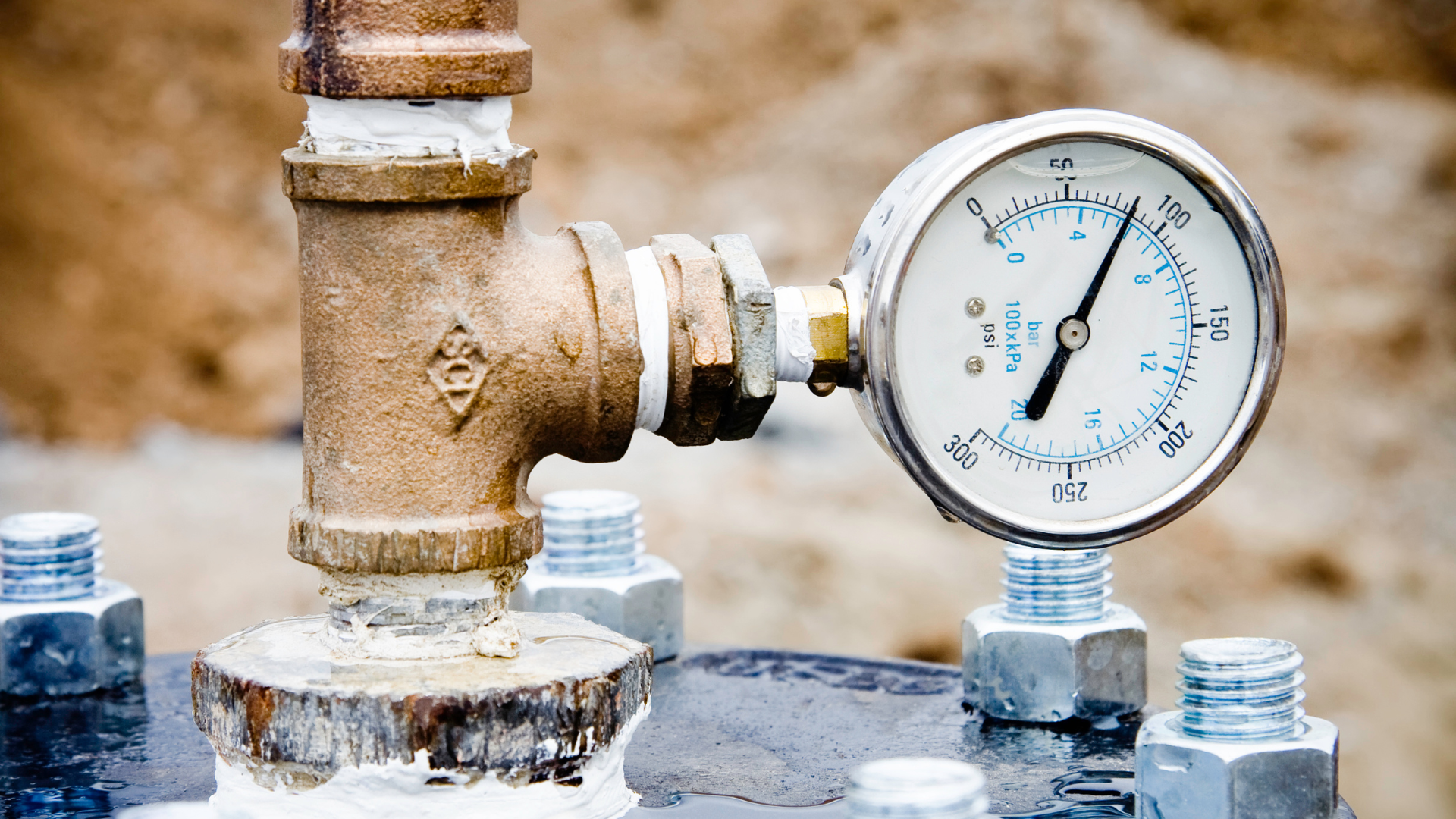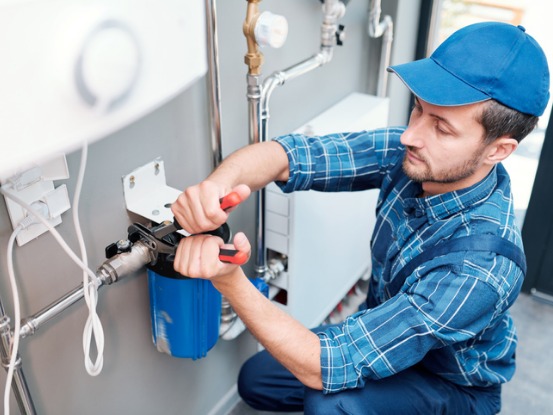Swift Remedies for Solving Low Water Pressure in Your Home
CallHere underneath you'll find some sound details concerning Dealing with Low Water Pressure in Your Home.

Low water pressure in your house can be a discouraging trouble, influencing every little thing from bathing to cleaning meals. If you're experiencing weak water circulation, there are a number of possible reasons and options to check out. In this guide, we'll review common factors for low tide pressure and practical actions to deal with the issue successfully.
Introduction to Low Tide Stress
Low water pressure takes place when the flow of water from your taps, showers, and other fixtures is weak than common. This can make everyday jobs more tough and less efficient. Recognizing the sources of low tide stress is critical to finding the ideal service.
Typical Reasons For Low Water Stress
Pipeline Obstructions
With time, pipes can end up being blocked with natural resource, sediment, or particles, restricting the flow of water. This is a typical issue in older homes with galvanized steel pipelines.
Rust
Corrosion within pipelines can cause leakages and minimized water pressure. Corrosion buildup can tighten water circulation, specifically in maturing plumbing systems.
Faulty Stress Regulators
Stress regulatory authorities are in charge of maintaining consistent water stress in your house. If they malfunction, it can cause low tide stress or unequal flow throughout the house.
Metropolitan Supply Of Water Issues
In some cases, the issue exists outside your home. Municipal water system concerns, such as main line leaks or maintenance job, can momentarily reduce water pressure in your area.
Exactly How to Detect Low Tide Pressure
Examining Faucets and Components
Begin by testing the water stress at various faucets and fixtures throughout your home. If the problem is isolated to details locations, it may indicate local troubles.
Examining Pipelines
Evaluate noticeable pipelines for indicators of leakages, corrosion, or obstructions. Take notice of any uncommon audios, such as knocking or rattling pipes, which might suggest issues within the plumbing system.
Consulting with a Plumber
If you're not able to determine the root cause of low water stress, think about hiring a specialist plumber to conduct an extensive inspection. They can identify underlying problems and suggest appropriate solutions.
Do It Yourself Solutions to Take Care Of Low Water Pressure
Cleansing Aerators and Showerheads
Natural resources can build up in aerators and showerheads, decreasing water flow. Get rid of and clean up these components consistently to improve water pressure.
Flushing Water Heater
Debris buildup in the water heater can restrict flow and minimize efficiency. Purging the tank occasionally aids get rid of debris and preserve ideal performance.
Checking Pressure Regulator
Guarantee that the stress regulator is operating properly. Adjusting or changing the regulatory authority can assist recover appropriate water stress throughout your home.
Clearing Up Clogs in Piping
For minor blockages, attempt utilizing a plumbing snake or chemical drainpipe cleaner to clear obstructions in pipes. Beware when utilizing chemicals and adhere to safety and security guidelines.
When to Call a Specialist Plumber
If DIY efforts stop working to settle the issue or if you presume considerable plumbing issues, it's finest to look for aid from an accredited plumber. They have the expertise and devices to deal with complex issues securely and efficiently.
Preventive Measures to Maintain Water Pressure
Normal Upkeep
Schedule routine upkeep for your plumbing system to stop problems such as corrosion, leakages, and blockages. Resolving minor problems early can assist prevent even more substantial repairs later.
Installing a Stress Booster
Consider mounting a pressure booster pump to improve water stress in locations with continually low flow. This can be specifically valuable for multi-story homes or homes with high-demand components.
Monitoring Water Use
Be mindful of water usage routines and prevent overtaxing the plumbing system. Straightforward modifications, such as incredible showers and washing tons, can help keep sufficient water stress.
Final thought
Handling low water pressure can be frustrating, however identifying the underlying causes and applying proper remedies can recover optimum circulation throughout your home. Whether it's cleaning aerators, evaluating pipelines, or talking to a plumber, taking positive steps can guarantee a steady supply of water for your everyday demands.
FOUR WAYS TO FIX LOW WATER PRESSURE NOW
Turning on a shower or faucet only to find the water comes out in a sad, slow drizzle is never a good feeling. How exactly are you supposed to wash a pan or take a quick shower when it takes 10 minutes just to rinse off a little soap? The good news is that when your water pressure is bad, there's always a cause: typically one that can be easily fixed. Here are some of the most common causes of low pressure and what you can do to fix the issue:
DEBRIS AND MINERAL DEPOSIT BUILDUPS
If you notice low water pressure from just one or two of the fixtures in your house, the problem likely has to do with debris buildup. Water is full of minerals and other debris, all of which can accumulate in your pipes and on your fixtures. This can cause a blockage that affects how much water flows through. To fix this, try filling a small plastic bag with white vinegar, and use a rubber band to hang it around your showerhead or faucet. Let the head of the fixture soak for a few hours, and the vinegar should loosen the deposits.
WATER LEAKS
Leaks are another common cause of low water pressure. If water is flowing out of your plumbing through a hole or crack before it can reach your fixture, the pressure coming out of the faucet or showerhead will be lower. A plumbing professional is your best bet for finding and repairing a leak in your water supply pipes.
Leaks are another common cause of low water pressure. If water is flowing out of your plumbing through a hole or crack before it can reach your fixture, the pressure coming out of the faucet or showerhead will be lower. A plumbing professional is your best bet for finding and repairing a leak in your water supply pipes.
FOUR WAYS TO FIX LOW WATER PRESSURE NOW
Turning on a shower or faucet only to find the water comes out in a sad, slow drizzle is never a good feeling. How exactly are you supposed to wash a pan or take a quick shower when it takes 10 minutes just to rinse off a little soap? The good news is that when your water pressure is bad, there's always a cause: typically one that can be easily fixed. Here are some of the most common causes of low pressure and what you can do to fix the issue:
DEBRIS AND MINERAL DEPOSIT BUILDUPS
If you notice low water pressure from just one or two of the fixtures in your house, the problem likely has to do with debris buildup. Water is full of minerals and other debris, all of which can accumulate in your pipes and on your fixtures. This can cause a blockage that affects how much water flows through. To fix this, try filling a small plastic bag with white vinegar, and use a rubber band to hang it around your showerhead or faucet. Let the head of the fixture soak for a few hours, and the vinegar should loosen the deposits.
WATER LEAKS
Leaks are another common cause of low water pressure. If water is flowing out of your plumbing through a hole or crack before it can reach your fixture, the pressure coming out of the faucet or showerhead will be lower. A plumbing professional is your best bet for finding and repairing a leak in your water supply pipes.
Leaks are another common cause of low water pressure. If water is flowing out of your plumbing through a hole or crack before it can reach your fixture, the pressure coming out of the faucet or showerhead will be lower. A plumbing professional is your best bet for finding and repairing a leak in your water supply pipes.
A VALVE ISSUE
If you have low water pressure throughout your home, check your main shut-off valve to make sure it's completely open. You may also want to see if there's a pressure-reducing valve installed. If there is, have a plumber help you adjust the settings to get the pressure you're looking for.
OTHERS USING WATER
Believe it or not, your low water pressure could be caused by your neighbors. If you notice low pressure at certain times of day, it may be because you and the people living next to you have similar schedules - when everyone is showering at the same time, the pressure will be lower in every home. Low pressure throughout the neighborhood may also be caused by an issue with your municipal water supply. If that's the case, call the supplier to see if they're working on the issue.
https://www.rotorooter.com/blog/water-leaking/low-water-pressure-fixes/

Do you like reading up on Low Water Pressure in the House?? Create a remark further down. We'd be glad to see your thinking about this entry. In hopes to see you back again before long. Are you aware of anybody else who is enthusiastic about the niche? Please feel free to share it. Thanks for your time invested reading it.
Call Today